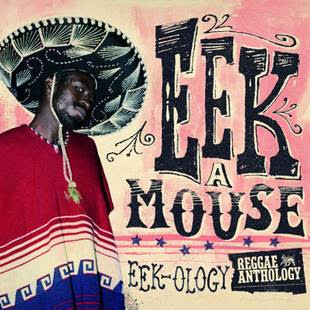
This yielded a couple of instant hits, turning Dunkley into Jamaica’s second child star, following in the footsteps of Delroy Wilson. The success of the single, which topped the Jamaican charts, was achieved partly through Bunny ‘Striker’ Lee’s strong industry connections, with radio presenter Jeff Barnes enlisted to boost the song on Radio Jamaica Rediffusion, Jamaica’s first commercial station.īunny Lee introduced Gibbs to aspiring teen singer Errol Dunkley soon after, and Gibbs gave Dunkley some American R&B records to adapt which he’d acquired during his stint in Guantanamo Bay.


The song was issued on a label Gibbs called Amalgamated, which hinted at his engineering background, and released in London on Graeme Goodall’s Doctor Bird label. Shirley wound up voicing his highly original song ‘Hold Them’ as a solo artist for Gibbs’ first session, yielding an instant hit and one of the defining releases of the evolving rocksteady style. After returning to Jamaica in the mid-1960s, he opened a television and radio repair shop at 32 Beeston Street, a couple of blocks east of Orange Street, already the epicentre of the Jamaican music scene when Gibbs began selling records circa late 1966.īecoming a record producer was the next natural step, and when Gibbs started asking around about local talent, he was introduced to Roy Shirley, who’d been singing informally with Slim Smith. But it wasn’t just his business acumen that allowed him to reach such unprecedented levels of success overseas his renown was ultimately a by-product of the dynamic working partnerships he forged with a few of reggae’s most important figures: Errol ‘ET’ Thompson, a highly talented engineer who remains an unsung hero dub genius Lee ‘Scratch’ Perry and Niney the Observer, covered in this column previously.īorn Joel Gibson in 1943 in Salt Spring, on the northwest outskirts of Montego Bay, Gibbs was one of several Jamaicans sent to the US naval base at Guantanamo Bay in Cuba, where he worked as an electronics technician as a young man.
#EEK A MOUSE DUBPLATE SESSION SERIES#
His astute marketing of acts like Culture and Prince Far I and the impact of his African Dub album series helped take reggae to a global audience he also brokered a record deal for singer Dennis Brown with US label A&M and his work with Jacob Miller was issued by RCA Brazil - some of the first reggae to ever surface in that country. David Katz looks back on his greatest productions.įew Jamaican record producers have achieved Joe Gibbs’ level of international success.

With his business savvy and talent behind the boards, ‘Uptown Top Ranking’ producer Joe Gibbs helped bring reggae to an international audience in the 1970s – including London’s blossoming punk scene.


 0 kommentar(er)
0 kommentar(er)
